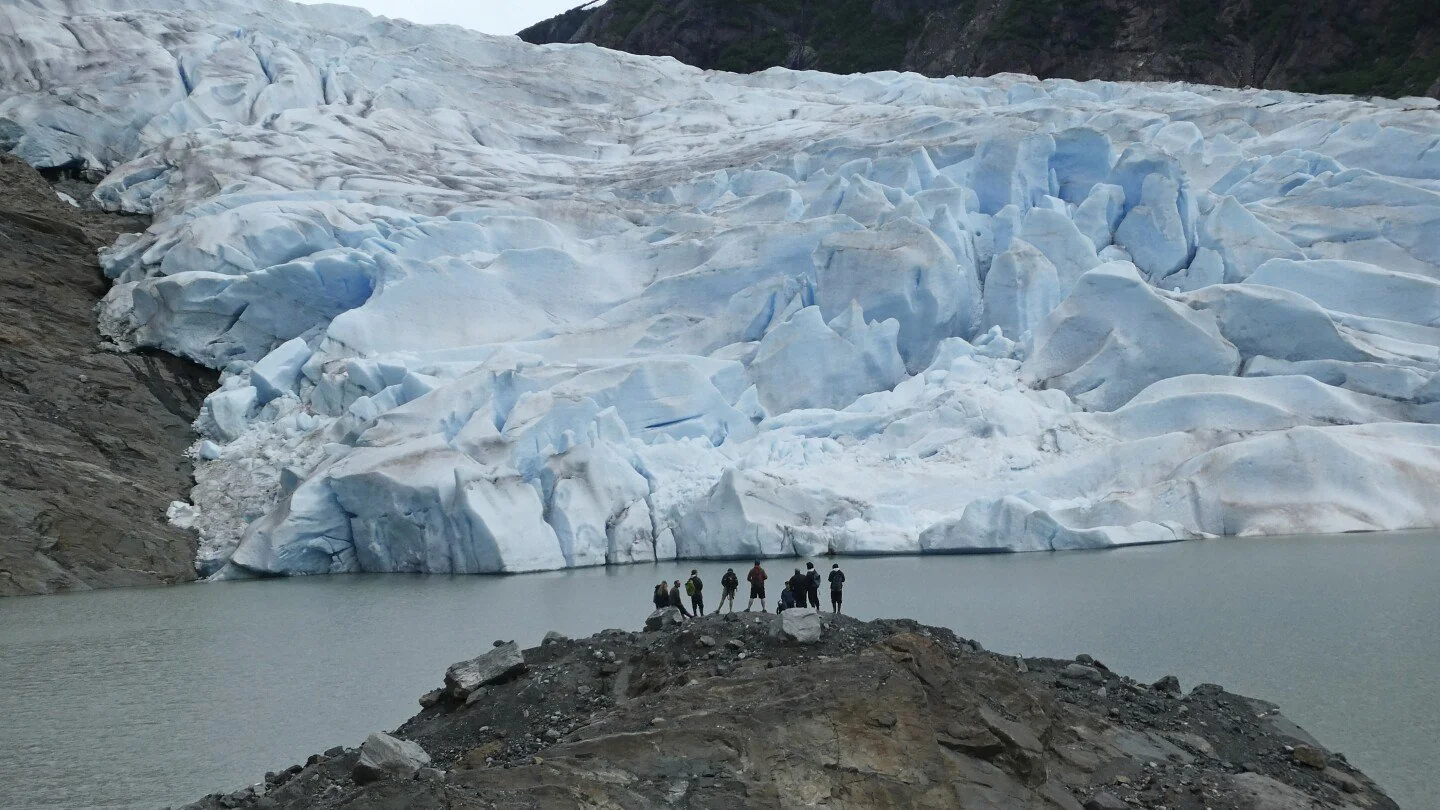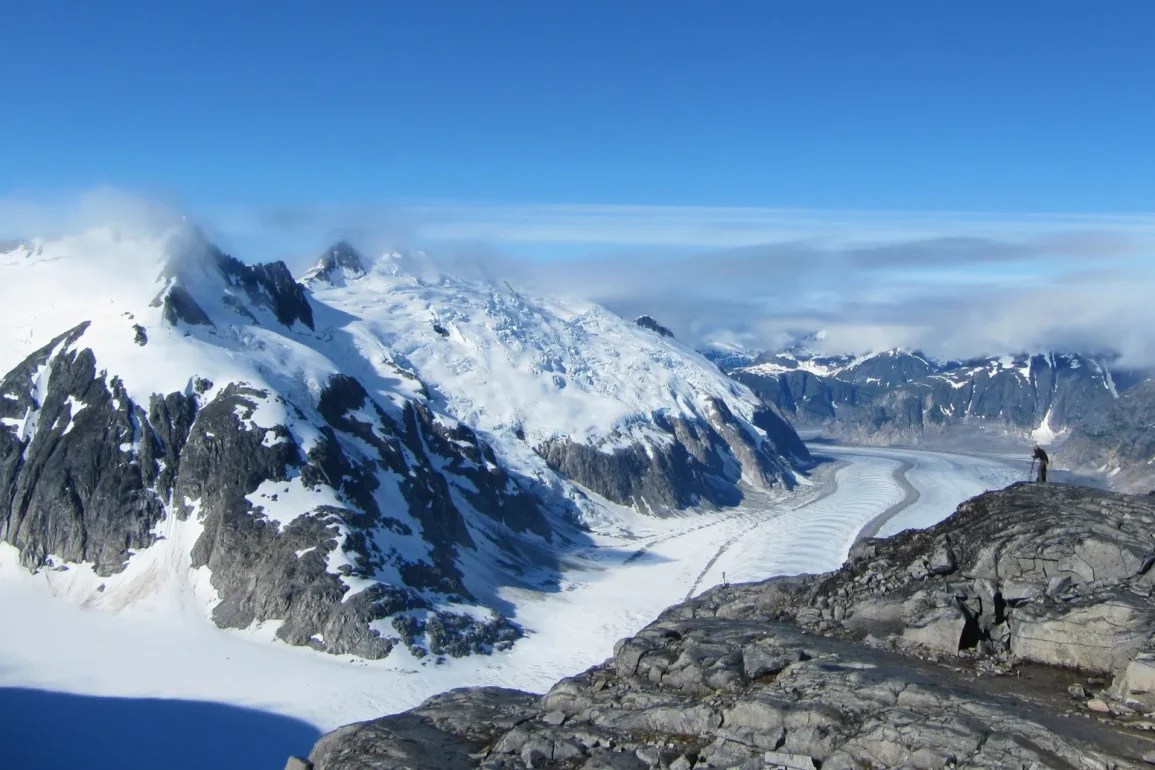The Juneau Icefield in Alaska is experiencing an alarming rate of melting, doubling its pace of decline in recent decades. This extensive network of glaciers has been shrinking rapidly, according to recent reports. Scientists are increasingly concerned about these developments, which point to a troubling trend in the overall health of our planet’s ice systems. The acceleration of melting raises significant issues for the future of global ice reserves.
Recent studies highlight the extent of the problem. Between 2010 and 2020, the Juneau Icefield lost approximately 1.4 cubic miles of ice per year, which is double the rate observed before 2010. Since the late 18th century, the ice field has shed about a quarter of its volume, with the most substantial reductions occurring in the past few years. This rapid loss underscores the severity of the situation and the urgent need for action.

The rapid melting of the Juneau Icefield has far-reaching implications beyond the local environment. Melting glaciers contribute to rising sea levels, which threaten coastal communities worldwide.
The process also initiates a climate feedback loop; as ice melts, it exposes darker surfaces that absorb more heat, further accelerating global warming. Additionally, glaciers serve as crucial freshwater reservoirs for both ecosystems and human populations, and their loss can disrupt wildlife that relies on icy habitats.
Efforts to address the icefield’s rapid decline are underway, though the situation remains critical. Researchers, policymakers, and activists are working collaboratively to mitigate the effects of climate change. Initiatives such as the Paris Agreement aim to limit global warming and protect vulnerable ice regions.
Many communities are also shifting towards renewable energy sources to reduce carbon emissions, which is essential for slowing the rate of ice melt.
Individuals can contribute to these efforts by educating themselves about climate issues and advocating for environmental policies. Small, everyday actions, like reducing carbon footprints, can collectively make a significant impact. Every effort counts in the fight against climate change and in preserving vital ice fields like the Juneau Icefield, which play a crucial role in maintaining our global ecosystem.

